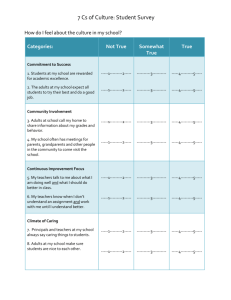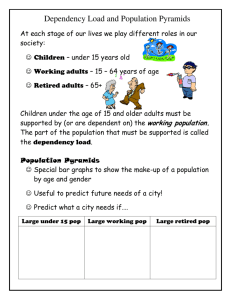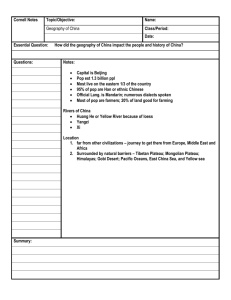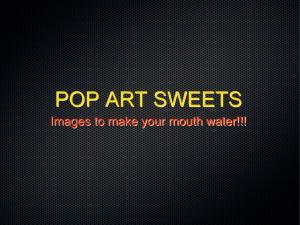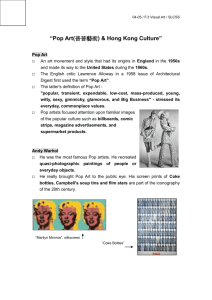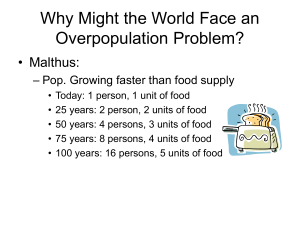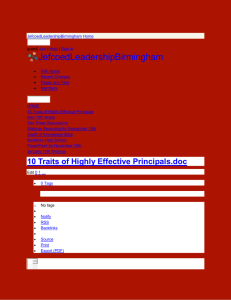SCEE Team Problem of Practice Template
advertisement
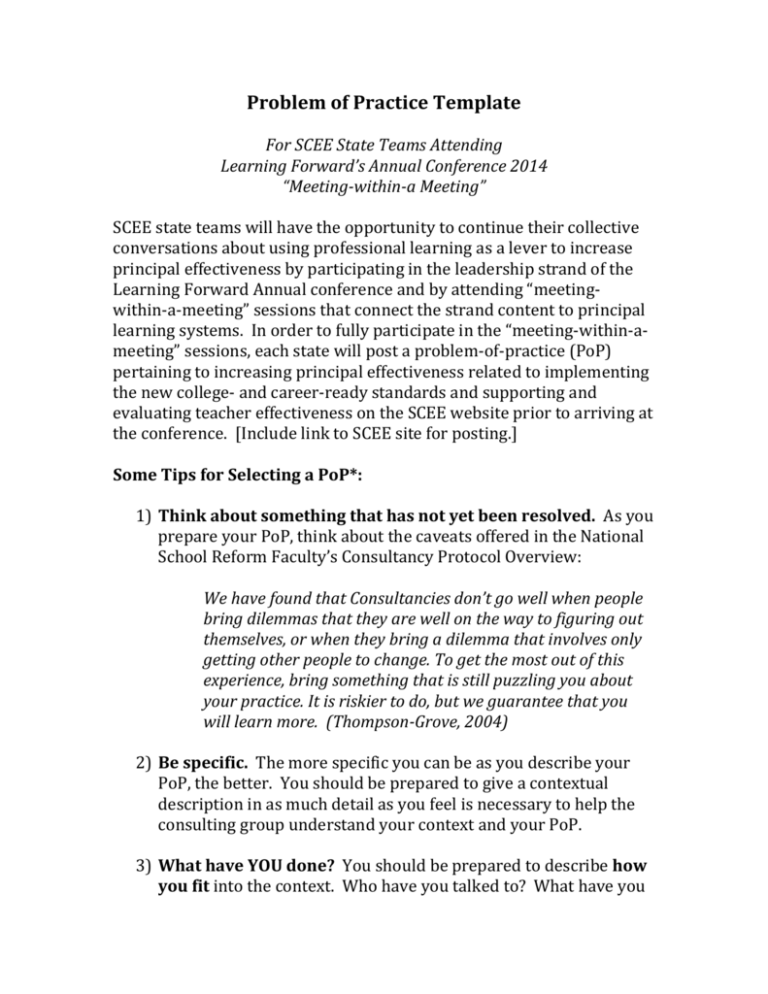
Problem of Practice Template For SCEE State Teams Attending Learning Forward’s Annual Conference 2014 “Meeting-within-a Meeting” SCEE state teams will have the opportunity to continue their collective conversations about using professional learning as a lever to increase principal effectiveness by participating in the leadership strand of the Learning Forward Annual conference and by attending “meetingwithin-a-meeting” sessions that connect the strand content to principal learning systems. In order to fully participate in the “meeting-within-ameeting” sessions, each state will post a problem-of-practice (PoP) pertaining to increasing principal effectiveness related to implementing the new college- and career-ready standards and supporting and evaluating teacher effectiveness on the SCEE website prior to arriving at the conference. [Include link to SCEE site for posting.] Some Tips for Selecting a PoP*: 1) Think about something that has not yet been resolved. As you prepare your PoP, think about the caveats offered in the National School Reform Faculty’s Consultancy Protocol Overview: We have found that Consultancies don’t go well when people bring dilemmas that they are well on the way to figuring out themselves, or when they bring a dilemma that involves only getting other people to change. To get the most out of this experience, bring something that is still puzzling you about your practice. It is riskier to do, but we guarantee that you will learn more. (Thompson-Grove, 2004) 2) Be specific. The more specific you can be as you describe your PoP, the better. You should be prepared to give a contextual description in as much detail as you feel is necessary to help the consulting group understand your context and your PoP. 3) What have YOU done? You should be prepared to describe how you fit into the context. Who have you talked to? What have you done? What have you not done? What is off the table? How does the challenge relate to your values and beliefs? 4) End with a specific question or statement that your group can attend to. Once you formulate your question or statement, ask yourself “why” is this a problem five times. This should help you to refine or refocus your question or statement. You might also consider sharing with the group what it is about this particular challenge that you are unprepared to resolve on your own. 5) Don’t worry about trying to define a perfect PoP. If you pick a problem you haven’t yet figured out, it may not be eloquent, but you will get the most out of the session. Sample PoP Topics*: 1. Training a. We don’t have enough principals who are highly effective in conducting observations and providing feedback to teachers/having difficult conversations. b. We aren’t sure we are thinking smartly about inter-rater reliability among evaluators. How critical is it? What can we do to ensure it? c. We went down a path of the state taking responsibility for training observers to conduct observations and providing feedback, but we don’t have the capacity to do it. a. We want to change the state role, but are afraid of disappointing everyone b. We don’t know how to get enough trainers d. We have not been creative enough in thinking about different ways to staff the observation components of the system. Who else could be observers besides principals? 2. Connecting to Common Core Implementation a. Our principals are not deeply connected to the Common Core work in their schools, but they are going to be expected to observe new behaviors on the part of their teachers. However, where principals have gotten more involved, they have been hyper-involved; they can’t do that for every subject. We don’t know the balance and we don’t know how to help our principals find the balance. b. To be effective evaluators, principals need to know more about the Common Core as it relates to instructional effectiveness and they need to be able to articulate to teachers what they have learned about the teachers’ effectiveness through observation. 3. Workload a. We all realize our principals have too much to do now that they have all this responsibility in our evaluation system, but we don’t know what to recommend they take off their plates. b. What “must” principals do and what might other district, school, and teacher leaders do? (assistant principals, coaches, etc.) 4. Professional Learning a. Principals need to know how to connect evaluation results to professional development planning (i.e., what is provided to teachers as a result of observation and conversation). State Name: Name of SCEE Lead: Your State’s Problem of Practice: In two paragraphs describe your state’s PoP and provide as much contextual background information as necessary for the group to understand your problem, include solutions you have already considered and rejected or tried. Close by clearly stating the problem or by posing a question to the group. Post your PoP on the SCEE website _____________________________________________________ by November 13th, 2014 *Special Thanks to West Wind Education Policy Inc. http://westwinded.com for “Tips for Selecting a PoP” and “Sample PoP Topics and City, E., Elmore, R., Fiarman, S. and Teitel, L. Instructional Rounds in Education: A Network Approach to Improving Teaching and Learning Harvard Education Press 2009
